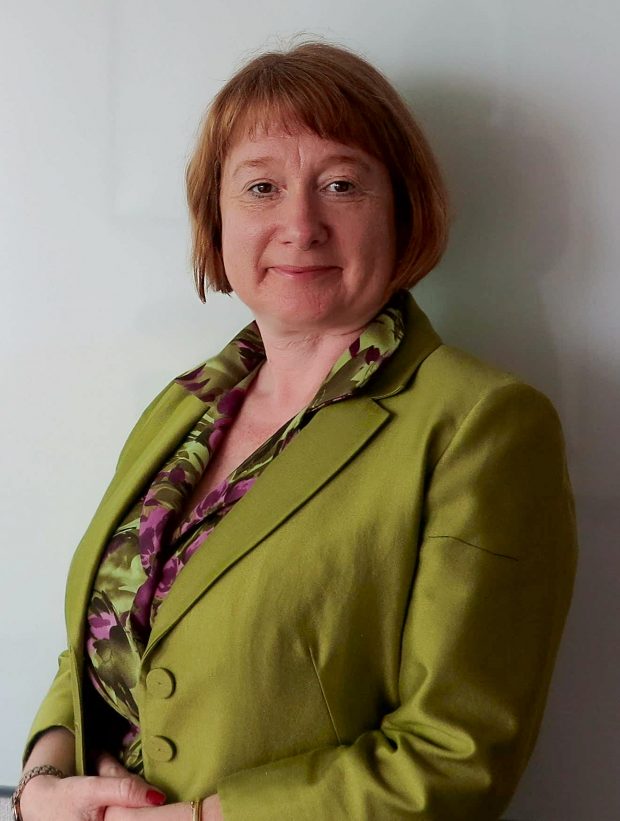
I’m delighted to have this opportunity to communicate with you in my new role as Ofsted’s National Director for Social Care. With week 1 under my belt, I’d like to talk a bit about what matters most to me and what my focus will be, moving forward.
First of all I’m interested in evolution, not revolution! Observing the last couple of years from outside, I have seen Ofsted renew its relationship with the sector in a really positive way – I want us to build on this.
I also want to maintain the momentum of the recent inspection of local authority children’s services (ILACS) launch. The ILACS system is a step-change for the inspection of children’s services. Not only that, it’s marked a huge culture shift within Ofsted itself. A greater focus on engagement outside of inspection (focused visits, annual meetings) aims to ‘catch’ LAs before they fall. We don’t want to wait until the next inspection to pick up issues, so this approach gives LAs the chance to improve before that.
This doesn’t mean we’ve lowered the bar. I will be expecting and looking for the highest standards from all LAs and providers of services for children. The bar remains high, and rightly so. And where we find services wanting, we won’t be afraid to say so.
What matters to me most are the children themselves, each and every one - but especially those in need of care, protection and help. I believe it is so important for social workers and senior managers to focus on individual children. To do this, they need to practice in a culture and environment that truly enables them to give their best every time. I will continue to talk about how important it is that those working with children are valued, so that they can do their jobs well.
Inspectors will continue to spend most of their time evaluating the experiences of individual children in both ILACS and social care common inspection framework (SCCIF) inspections. I want to see professionals making carefully considered decisions about, for and with children.
I believe passionately that all children in public care have the right to live with permanent carers who will see them through to adulthood – and beyond. I’m equally passionate that we should be using inspection to support and protect the rights of older children. Children’s social care has always understood its role in protecting and rescuing young children and babies. But as the recent past has shown us, vulnerable adolescents need our love and care just as much.
Experts - and the needs of teenagers
Just before the Easter break, I took great pleasure in introducing myself to all the social care inspectors and support staff at our annual Ofsted national social care conference. Imagine my delight when faced with a whole day of hearing from experts in their field talking about the needs of teenagers.
Like all of my new colleagues, I was both inspired and challenged by the excellent speakers. Testimony from two mothers passionately advocating for their teenagers reminded us all that most parents want what is best for their children but that when faced with issues such as criminal exploitation, it can be painfully difficult to connect with them.
We were also challenged by a former care leaver’s recollection of a placement move. It seemed to him at the time that expressing a fondness for cheese and tomato sandwiches had resulted in him being placed with vegetarian foster carers! A reminder that children always deserve clear and unequivocal age-appropriate messages about what is happening in their lives and why.
So, just a few days into my new career with Ofsted, I am excited, optimistic and motivated to really make a difference. I find myself surrounded by high-quality experts with years of experience of educating, caring for and safeguarding children.
Finally, I was very proud when Louise Hocking HMI and her team reported last year that children in Merton benefit from services that are dynamic, ambitious and successful. My determination is to have the same ambition and impact at Ofsted - supporting a system that achieves this for children everywhere.